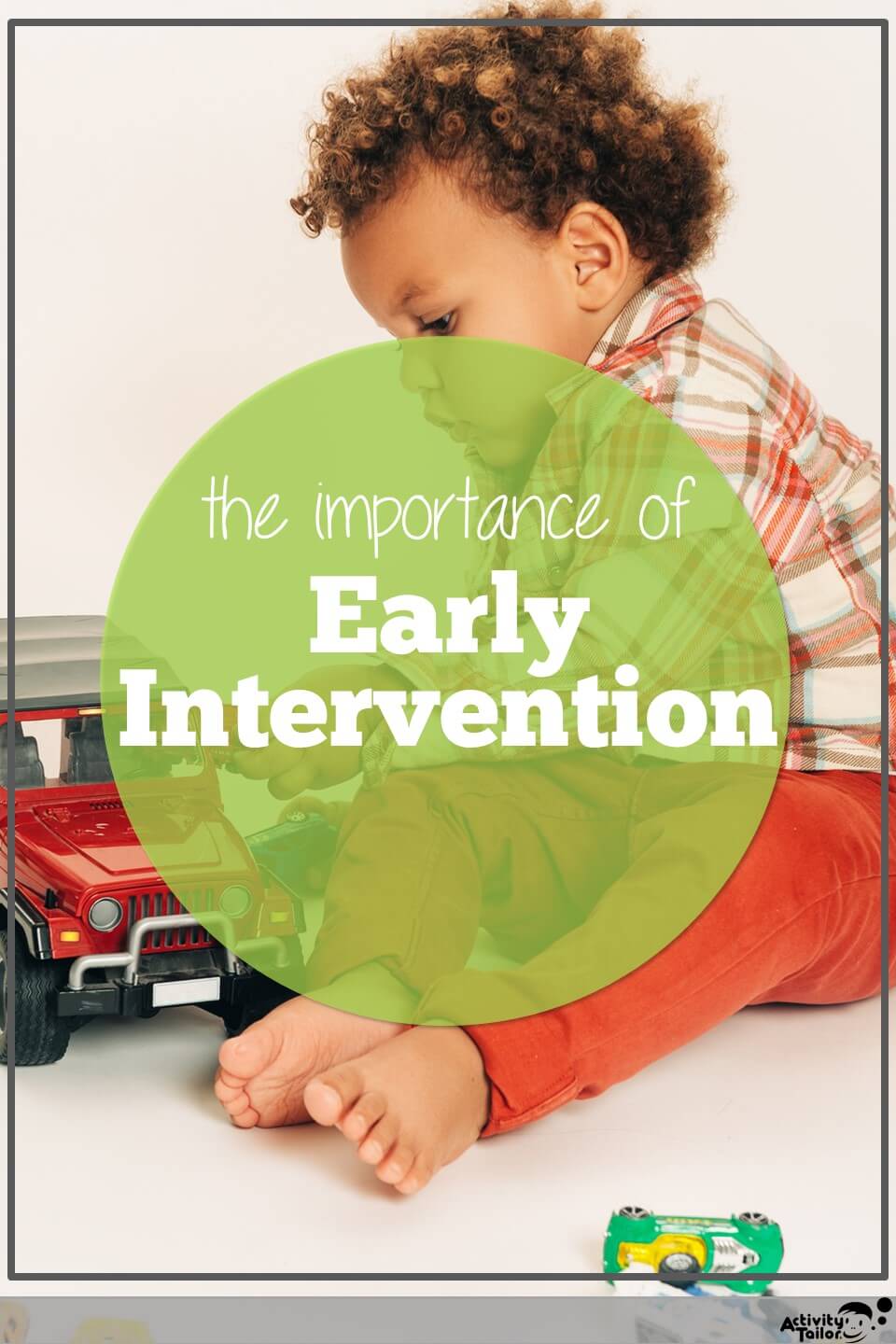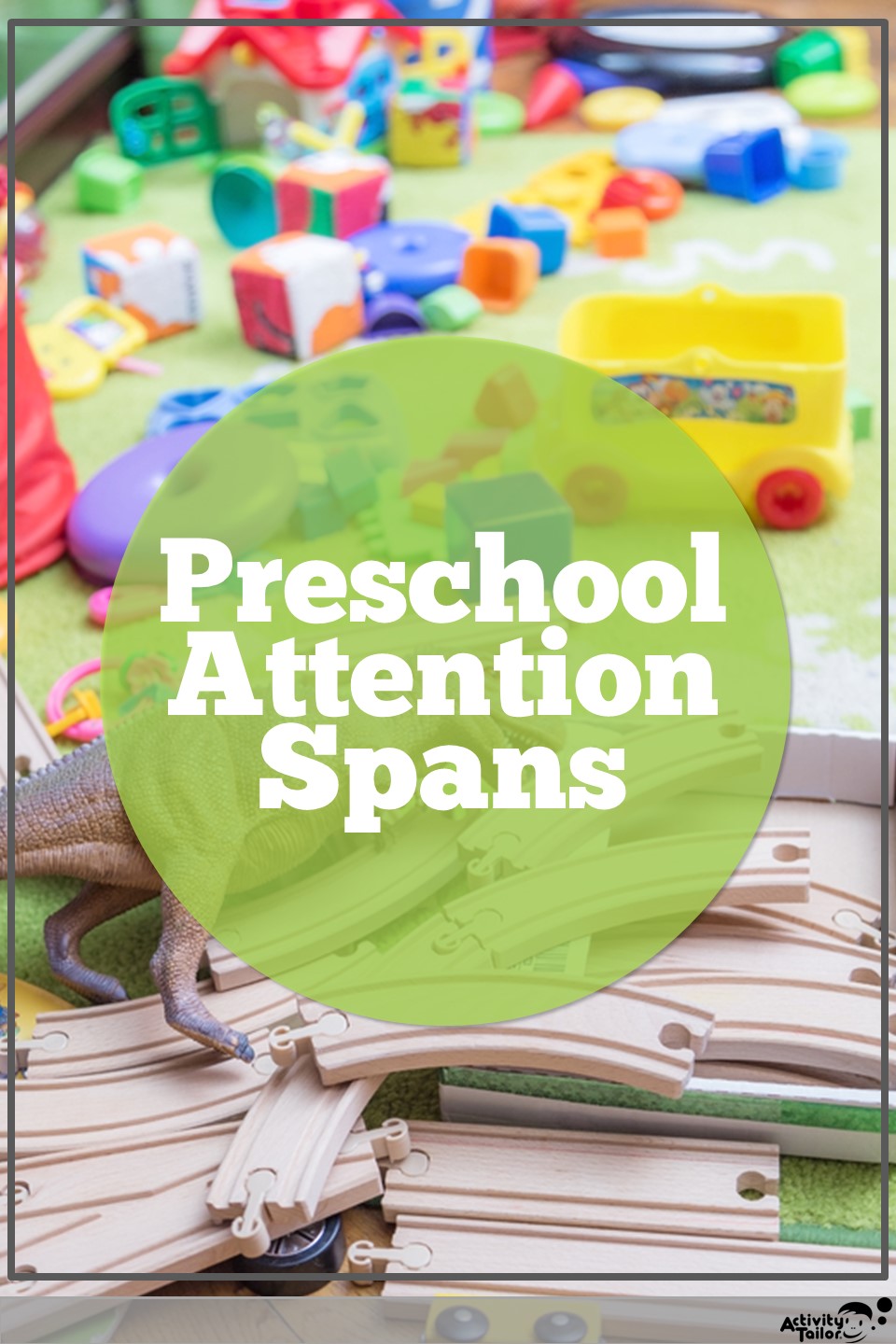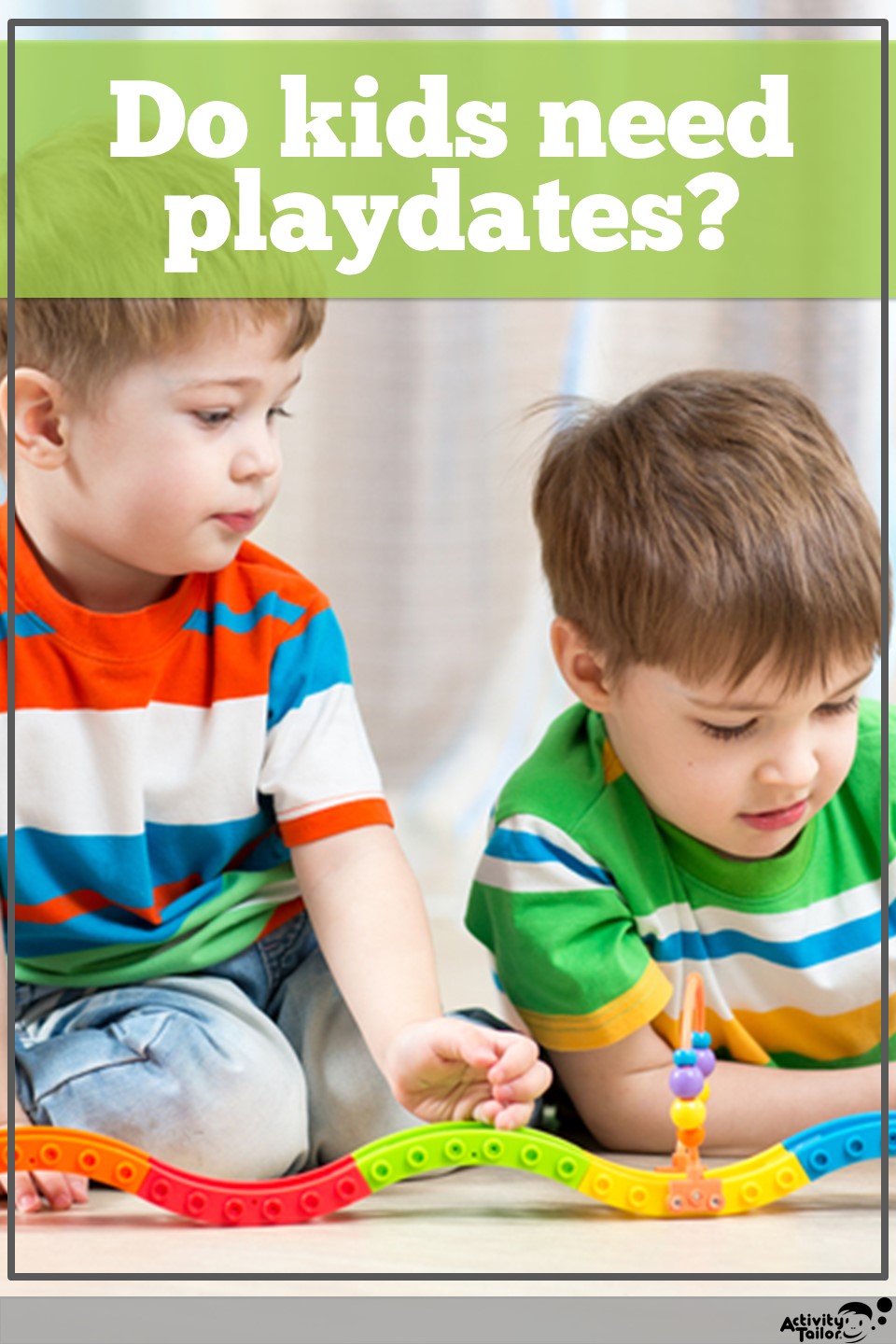School breaks can be such an exciting and much-needed time to recharge for families, but they can also come with unique challenges for families with children with special needs. As an SLP in the schools or in private practice, the support you offer to families during this time can be helpful in more ways than you realize. Read on for 5 effective ways to maintain communication & promote practice during school breaks, regardless of the setting you work in:
- Communicate Clearly and Openly
- Share Helpful Activities and Resources
- Suggest Helpful Ideas
- Offer Virtual Support
- Create Support Groups for Caregivers
Why It’s Important to Maintain Communication During School Breaks
The connection between dedicated SLPs and clients’ caregivers is crucial to the success of therapy. During school breaks, it’s even more vital to maintain this connection to ensure that progress and rapport aren’t stalled!
School SLPs can stay in touch with caregivers to improve follow-through and outcomes.
Private SLPs can continue their contact with families and personal services to maintain clients. An added bonus of this continued communication is that you will be closer to the forefront of families’ minds and will likely be referred to others more often!
5 Ways SLPs Can Support Caregivers During School Breaks
1. Communicate Clearly and Openly
Clear communication is key to successfully collaborating with caregivers. During school breaks, make an effort to keep lines of communication open.
Private practice SLPs may consider sending a holiday e-card, while school SLPs may send home a card with students before they are out for the winter school break.
Also, provide opportunities for caregivers to ask questions about their child’s progress or any concerns they may have leading up to the holidays or other lengthy school breaks. This information can provide invaluable insight to you before offering other means of support.
The beginning of December is a great time to reach out to families. If you wait until the middle of the month, families are likely inundated with parties, school programs, planning for gifts, and more!
2. Share Helpful Activities and Resources
Empower caregivers with valuable resources that they can use to support their child’s speech and language progress at home over the holiday.
Create a general packet that you share with multiple families.
A packet can include:
- A few activities to promote overall speech and language growth
- Strategies to use to expand different areas of language
- List of apps and websites
- Educational resources to help manage potential challenges (including this publication by ASHA about sensory overload)
If personalization is more your style, create individual packets for families with pieces from your general packet and more specific activities and strategies to target each child’s specific needs. There’s no right or wrong way to do this!
Favorite Activities to Promote Practice During School Breaks
Scavenger Hunts
A scavenger hunt is the perfect way to target early language development in young children while providing fun during their days at home over the holidays.
This early language scavenger hunt resource includes checklists for children to complete in common spots around their homes. The pages are also sized perfectly for smaller hands!
Use the articulation scavenger hunt pages for older students working on late-developing speech sounds and vocalic R. This resource is a great way to keep older kids working on their speech goals while still providing lots of fun!
Activity Booklet Bundle
These fun and engaging articulation activity booklets are designed to provide 5-10 minutes of activities for multiple days.
Students practice speech sounds at the word, phrase, or sentence level. Each letter sound articulation booklet contains 10 activities and 2 mini board games for each position (initial, medial, final). The games can be played over and over for lots of speech articulation practice and connection with caregivers during school breaks!
You Say…at the Holidays is a free resource for practicing conversations and common questions about the holiday season. It’s perfect for students with social communication goals.
3. Suggest Helpful Ideas
Sometimes caregivers are overwhelmed thinking about needing to fill their child’s day while they are home for the holidays or long school breaks. You can share ideas to make the break easier (and more fun!).
Suggest toy rotation, gifts appropriate for different ages and stages of development, and upcoming events such as parades or movies in the area.
*You can include these helpful ideas in your take-home packet too!
4. Offer Virtual Support
Aside from missed therapy sessions due to school breaks or a closed private clinic, school breaks often include many disruptions to the usual routine.
If you are a private SLP, you can offer virtual therapy sessions* for families or direct them to helpful online resources such as these inexpensive webinars.
*Always check with your state’s licensing board to ensure you’re able to provide these services. Also, check with your client’s insurance to make sure they cover teletherapy.
5. Create Support Groups for Caregivers
Extended school breaks, like holidays, can bring up feelings of isolation, sadness, and stress for many caregivers of children with special needs. Read about 6 ways to support caregivers during the holidays.
Consider organizing peer support groups for caregivers within your private practice or school.*
*Ensure you uphold HIPAA policies when advertising this to families.
Maintaining communication and promoting practice during school breaks is an investment in your clients’ continued progress. Both school and private practice SLPs can use the right strategies to help caregivers play an active role in their child’s speech and language development journey.
Remember, you’re exactly the person your clients and caregivers need!
You may also be interested in reading:
Teaching Secret Keeping (Holiday Surprises)
Handling the Holidays with ASD
How to Deal with Meddlesome Family Members (a post for parents)





